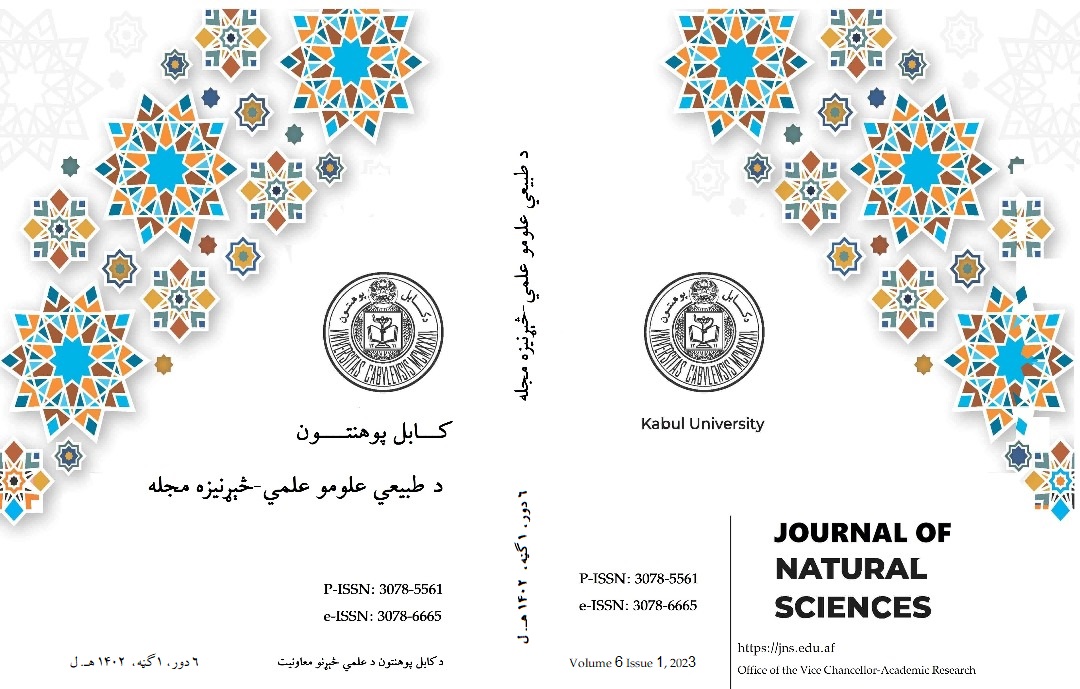Main Article Content
Abstract
The moment of inertia of a metal cylinder with internal and external radii , has been researched and experienced in various experimental methods such as physical pendulum, torsional pendulum, three-piece pendulum, rolling on an inclined surface, etching machine and falling rotating object under tension. The results of each are compared with the theoretical result. Considering the experimental error, which includes errors in measuring the mass, time and dimensions, it is observed that pendulum vibration methods or methods give better results than other methods. Pendulum systems in general and the torsional pendulum method in particular create a greater correspondence between theory and experience and are considered as a safer method for obtaining the moment of rotation of the body (cylinder). The importance of this research is, firstly, in examining different experimental methods to receive the moment of rotational inertia, and secondly, in examining an object that can avoid scattering and considering different objects.
Keywords
Article Details
Copyright (c) 2024 Reserved for Kabul University

This work is licensed under a Creative Commons Attribution-NonCommercial 4.0 International License.
References
- Young HD, Freedman RA, Ford AL. UNIVERSITY PHYSICS with modern physics. 13th ed.: Pearson; 2012.
- Fowles GR, Cassiday GL. Analytical Mechanics. 3rd ed.: Brooks/Cole (Thomson); 2005.
- Walker J. FUNDAMENTALS OF PYSICS. 9th ed.: John Wiley & Sons, Inc.; 2015.
- Ohanian HC. Physics for Engineers and Scientists. 3rd ed. USA: W.W. Norton & Company, Inc.; 2007.
- Genta G, Delprete C. Some considerations on the experimental of moment of inertia. Meccanica. 1994; 29: 125-141.
- Serway RA, Jewett Jr. JW. Physics for Scientists and Engineers with Modern Physics, Ninth Edition. 9th ed. USA: Brooks/Cole CENGAGE Learning; 2014.
- De Sousa CA. The Atwood’s machine as a tool to introduce variable mass systems. 2011.
- Jafari MM. Introduction of Atwood's machines as Series and Parallel network. Lat. Am. J. Phys. Educ. 2011; 5(2): 338-343.
References
Young HD, Freedman RA, Ford AL. UNIVERSITY PHYSICS with modern physics. 13th ed.: Pearson; 2012.
Fowles GR, Cassiday GL. Analytical Mechanics. 3rd ed.: Brooks/Cole (Thomson); 2005.
Walker J. FUNDAMENTALS OF PYSICS. 9th ed.: John Wiley & Sons, Inc.; 2015.
Ohanian HC. Physics for Engineers and Scientists. 3rd ed. USA: W.W. Norton & Company, Inc.; 2007.
Genta G, Delprete C. Some considerations on the experimental of moment of inertia. Meccanica. 1994; 29: 125-141.
Serway RA, Jewett Jr. JW. Physics for Scientists and Engineers with Modern Physics, Ninth Edition. 9th ed. USA: Brooks/Cole CENGAGE Learning; 2014.
De Sousa CA. The Atwood’s machine as a tool to introduce variable mass systems. 2011.
Jafari MM. Introduction of Atwood's machines as Series and Parallel network. Lat. Am. J. Phys. Educ. 2011; 5(2): 338-343.
